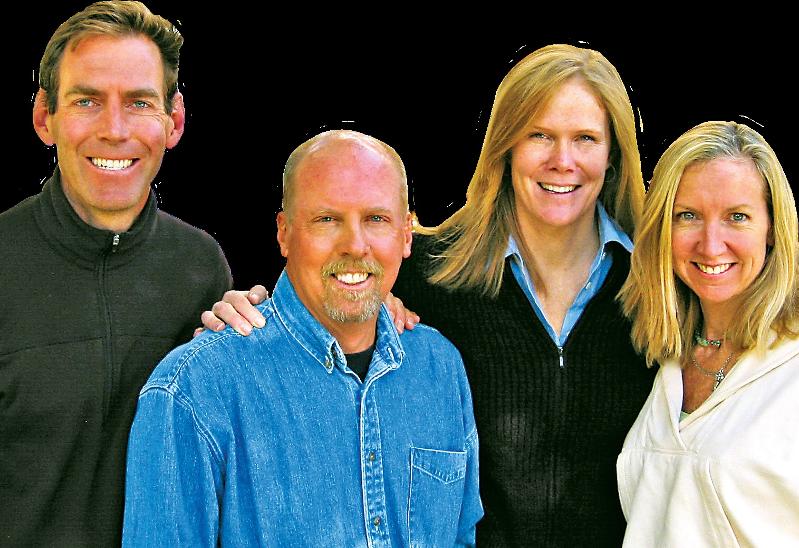
26 Apr MEDICAL MOMENT: BAD BREATH
Telluride Inside… and Out is proud to feature the Telluride Medical Center’s MEDICAL MOMENT, a weekly column that answers common medical questions in pop culture. Have a question for the doctors? Click here to send.
The Telluride Medical Center’s Primary Care Team – in order of appearance below, Dr. Kent Gaylord, Eric C. Johnson, MS, FNP, Dr. Sharon Grundy, Laura A. Cattell, PA-C – answer this week’s question:
WHY DO I HAVE BAD BREATH?
Although bad breath, also known as halitosis, can be an embarrassing problem for some people, it is not at all uncommon. This ailment affects millions of Americans, the vast majority of whom are otherwise healthy.
For 90% of those affected, the source of halitosis is in the mouth. Some of these oral culprits include poor oral hygiene; gingivitis and periodontal disease; ‘tongue coat’ most commonly on the back part of the tongue; food impaction; and unclean dentures. Infection in the sinuses or the throat can be a temporary cause of bad breath. Insufficient fluid intake, a common problem in high altitude places like Telluride, can cause dry mouth, which can also contribute to bad mouth odor.
A variant of halitosis is so called “morning breath,” which is the most common cause of bad breath. During sleep, there is decreased flow of saliva in the mouth, which allows bacteria to feed on remaining food particles. By-products of these bacteria produce the odor.
Other possible causes of bad breath include food such as onions, garlic, meats, and nuts; alcohol and tobacco products; and medications such as antidepressants and antihistamines.
For the 10% of people in whom the oral cavity is not the source of halitosis, underlying conditions are the cause. These may include reflux disease (heartburn,) hiatal hernia, respiratory infections, cancer, diabetes, and liver disease.
So what can you do to prevent bad breath? Good oral hygiene is a must. That includes brushing twice a day with a fluoride toothpaste, especially along the gum line and on the tongue. Flossing at least once a day to get rid of food particles between teeth is also very important. Avoiding tobacco products, alcohol, and foods that can cause halitosis will help decrease bad mouth odor. Those who have difficulty with a dry mouth should try to increase their fluid intake and could chew sugar free gum or suck on sugar free candy to increase saliva. Most mouthwashes only have a short lasting effect on bad breath; if it is used, it should be swished around for 30 seconds. Dentures should be cleaned on a daily basis. A visit to the dentist twice a year for a cleaning and check up will also aid in good oral hygiene.
If after all of these measures bad breath is still a problem, a visit to your family physician may help to rule out other causes.
Editor’s note: The Telluride Medical Center is the only 24-hour emergency facility within 65 miles. You can choose your own medical provider visit with a specialist or take advantage of their Mountain Skin Care services. As a mountain town in a challenging, remote environment, a thriving medical center is vital to our community’s health. For more Medical Moments on TIO, Click Here.




Sorry, the comment form is closed at this time.